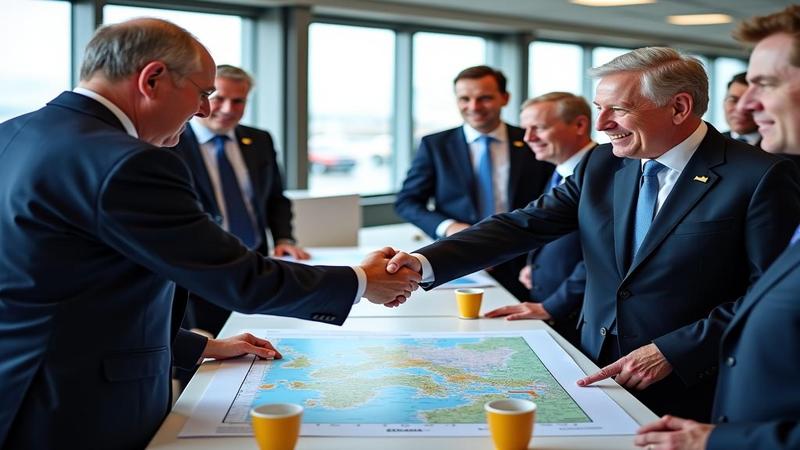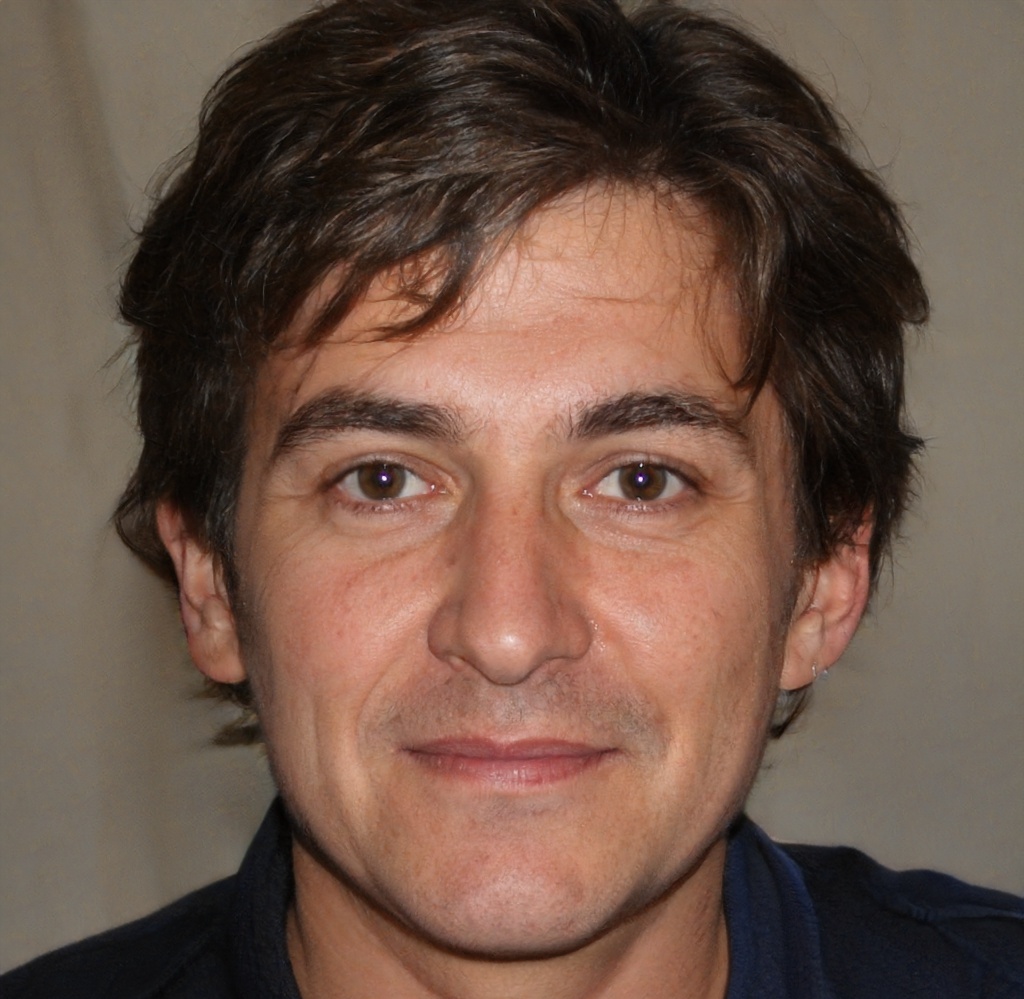Ishiba and Lee pledge closer cooperation before Trump meeting

Across the Pacific, a press briefing unfolded like a timetable at a cargo port: Japan’s Ishiba and South Korea’s Lee announced closer cooperation before Lee meets Trump. Policy watchers nodded as if the forecast included sanctions, trade routes, and the occasional rumor that refuses to exit its baggage claim.
At the lectern, the room felt part conference room, part weather bunker, with charts that looked as tired as the reader’s notebook. They spoke in measured tones about collaboration, as if partnership were a shipment you could dock and forget to collect.
Outside, the world drummed its fingers at the clock, guessing whether the plan would arrive on time or be delayed by interpretive footnotes. Inside, Ishiba and Lee traded phrases that sounded hopeful and slightly bilingual, like a duet performed by a map and a memo.
Observers noted that the real product of the meeting might be a list of coordinated phrases designed to reassure markets and confuse pundits. Meanwhile, port officials filed a report comparing the alliance to a new shipping lane, except this one is labeled ‘careful optimism’ and has no fuel economy statistics.
Diplomats described the step as closer cooperation with all the ceremonial friction of two people agreeing to share an umbrella while it rains policy. Media briefings promised ‘constructive dialogue’ and the occasional dry aside about bureaucrats who type faster than their own claims.
In the conference room, a shade of gray coffee steamed and evaporated into the room’s extensive optimism—an aroma best captured in stylized charts. Every sentence came with a caveat, as if the weather forecast itself was trying to avoid accountability for a forecast.
The schedule listed dozens of meetings ahead, each labeled with ajar doors and hopeful deadlines. Politicians smiled, which is the official currency in diplomatic ecosystems where nothing collapses yet and nothing is really settled either.
To translate the delicate nuance, Ishiba and Lee reportedly tested a ‘best portable translator device’ that promised the exact shade of intention. Officials insisted it wasn’t about technology replacing diplomacy, but technology pretending to be a translator when the parties forget their own glossaries.
A senior aide noted that the partnership was built on ‘shared interests’ and ‘shared coffee cups’—the latter a literal cross-border transfer of caffeine. Between sips, the room resembled a crossing where freight trains pause to gossip about policy.
Some analysts warned that closer cooperation could simply shift the blame more efficiently when things go wrong. Still, the pair kept a straight face, as if they were negotiating over whether the sun should rise in the east or just pretend to.
The press corps found an odd joy in misreading every accent as a sign of either progress or a new banner year for diplomacy-themed merchandise. Meanwhile, the official timetable grew longer, like a train schedule written on a napkin and then laminated by fear of change.

In a side display, a ‘compact solar charger’ lounged next to a model ship, suggested for use in long meetings where your committee runs on wind and public relations. Leaders spoke of energy security with the solemnity of a weather report, refusing to forecast any dramatic weather until after the espresso has cooled.
Inside the room, a dry aside slipped through: even the most confident agreements require a footnote explaining that consultations may be rescheduled due to teleprompter malfunctions. The sentence landed with the muffled thud of a memo that forgot to sign its own name.
The optics team prepared a shot framing the two leaders with a map that resembled a subway map for traders and dreamers. Photographers waited for a moment that could be remembered as a turning point, or at least a good caption for social media feed inflation.
Outside, the security perimeter bristled with cameras that solemnly recorded every nod that might someday become a joint decision. Inside, staffers rehearsed polite apologies for any misunderstandings that might reverberate through the stock market like a dropped coin.
None of this would be possible without a mild tolerance for ambiguity and a robust suspicion of definitive statements. That is, the kind of mindset that allows a door to be open and a memo to wait for approval in triplicate.
By the end of the briefing, Ishiba and Lee had delivered a forecast that did not contradict itself, which diplomats call progress. They thanked their teams, their translators, and the coffee machine that produces exactly two kinds of truth—strong and mildly caffeinated.
Analysts noted that the real test would be how quickly the next round of meetings arrives and how little of what is said becomes something that matters in reality. Until then, the weather remains favorable for optimistic headlines and cautious optimism.
Travelers and traders around the region filed into the chatter of war-room buzzwords and the quiet hum of port cranes. Even the pigeons near the embassy looked like they were listening, at least long enough to anticipate the next press briefing.
Whether this means a genuine shift or simply a well-timed pause remains the question that keeps policy chairs from taking vacations. Meanwhile, the world keeps a weather eye on headlines that pretend to predict what comes next.
Some observers joked that the alliance would be measured in reunifications and re-bagged shipments rather than actual policy milestones. Others argued that any relief would come in the form of more meetings labeled as productive rather than overdue.
Whatever the result, the cross-border coordination tea will be brewed again at the next scheduled update, where the plan will be to keep the calendar full and the forecast uncertain. Until then, Ishiba and Lee will continue to practice diplomacy by calendar and coffee, with the world watching the weather and nodding in agreement.
